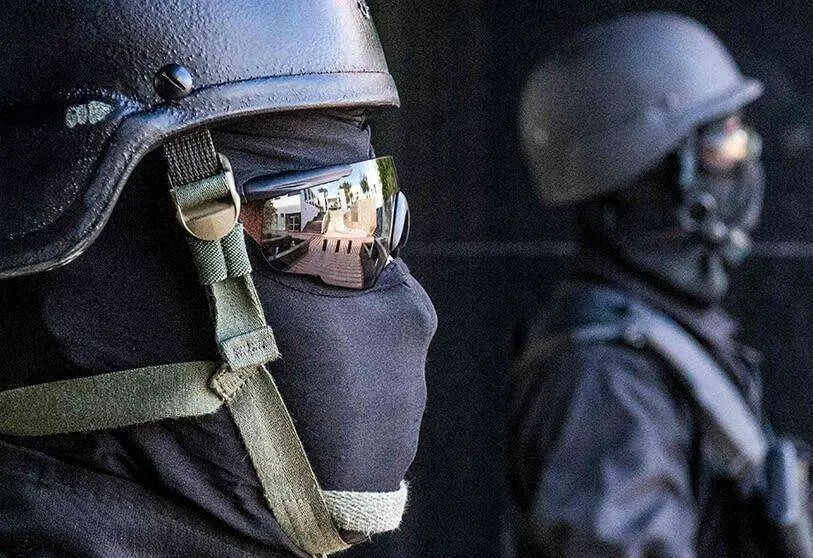Marruecos, “jugador indispensable” en la lucha contra el terrorismo para la OTAN

Morocco's leadership in the fight against terrorism is absolute in North Africa and one of the most important on the international scene. Up to 2,000 terrorist cells dismantled and 3,500 people linked to this activity arrested by the authorities of the Alawi kingdom since 2002 attest to what is one of the most successful fights against terrorism in the Maghreb region. Now, the North Atlantic Treaty Organisation (NATO) is highlighting the work carried out by Rabat and is grateful for the responsibility assumed by the country presided over by Aziz Ajanuch.
During his visit to Morocco, Javier Colomina Piriz, Deputy Secretary General of NATO, stressed the "enormous responsibility" that the kingdom of Mohammed VI has assumed in this respect. The Spanish diplomat also referred to Rabat as an "indispensable player" and "very important partner" for the Atlantic Alliance, with which it maintains an important "strategic cooperation". Colomina also referred to the important dialogue that unites the Moroccans with NATO and recalled Morocco's membership of the Mediterranean Dialogue. The Atlantic Alliance official assured that the intention is to intensify the dialogue with Morocco and make it "more regular and substantial". On this occasion, he said he was "extremely satisfied" with the talks held with the Moroccan authorities.

The NATO representative's visit comes at an important time in the fight against terrorism, when Germany also intends to strengthen ties with the Kingdom. Bilateral operational cooperation is intended to be based on the exchange of best practices and mechanisms for the early targeting and identification of extremists and recruitment routes and movement of fighters through the ranks, according to the official communiqué of the Directorate General of National Security (DGSN), issued after the meeting of a joint security committee, created to support the strengthening of intervention in various security areas in order to improve the security of both countries.

It is worth noting that the responsibility in the fight against the terrorist threat to which Javier Colomina refers has had good examples in recent weeks. At the beginning of October, Morocco, in collaboration with Spanish authorities, dismantled a cell linked to Daesh in Melilla and Nador in an operation that resulted in the arrest of 11 people. The communiqué from the Central Bureau of Judicial Investigation (BCIJ) reported that these people "intensely disseminated an extremist discourse that incited people to join the terrorist organisation".
There are many other examples of Morocco's good work in this area, such as the arrest of a suspected jihadist in Casablanca by agents of the Directorate General of Territorial Surveillance (DGST). The man arrested was suspected of being part of a "terrorist project" aimed at attacking Morocco. Rabat has thus prevented a large number of terrorist attacks thanks to what is one of its strengths, security. NATO has now shown its recognition, while other countries such as Germany have approached the Kingdom to collaborate in the eradication of terrorism, where Mohammed VI's government is one of the leading countries on the international scene.








